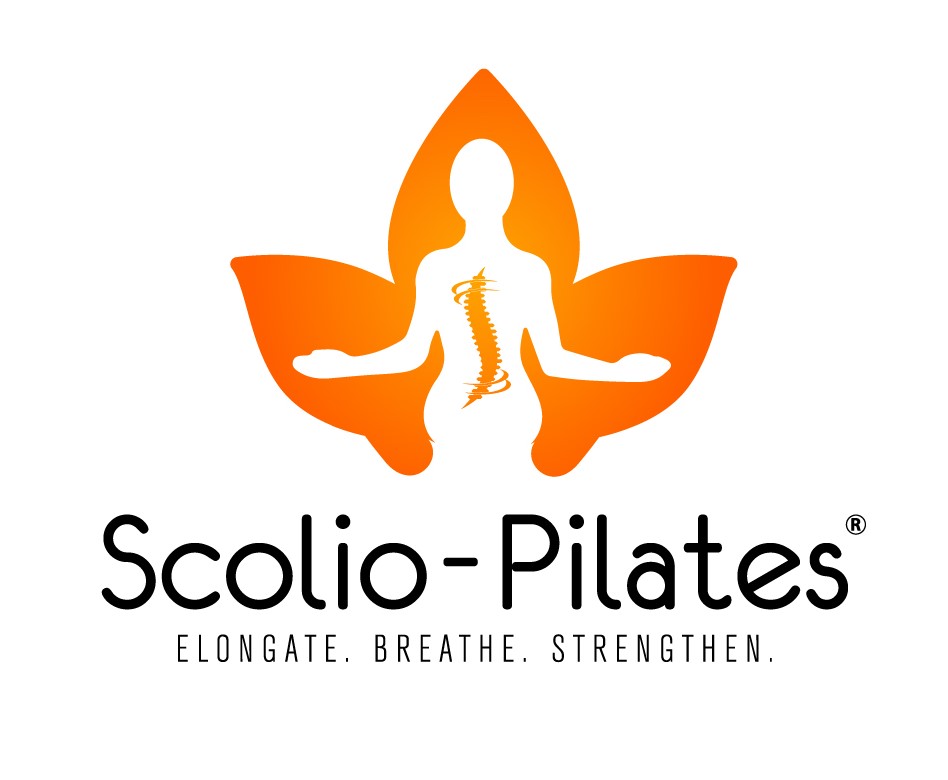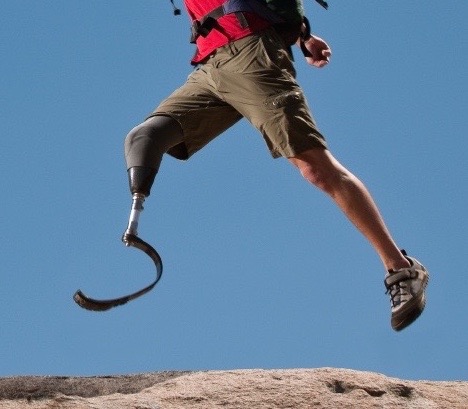These are the words looking up at me from a soldier’s t-shirt. “What did you do to deserve your legs today?” I can’t help but silently try to answer that question. Did I use my legs to simply get here? Or did I actually use them? Did I actually do anything to earn the privilege of owning two perfectly functional legs? The t-shirt wearing soldier in front of me has lost most of both his right and left leg. And I struggle with this question.
I volunteer at a physical therapy unit at a Military Medical Center. It is where you find wounded soldiers immediately after they have incurred serious injury. When I first started volunteering, it was mostly amputees returning from Afghanistan and Iraq. Now, it is a mix of amputees, along with other complex injuries, that, when you are a soldier, just go with the job description: fifty-foot falls, vehicle accidents, explosions, and the list goes on.
I love this job. The soldiers want to work hard, and they want to sweat. The more they sweat, the happier they are. These kids (“kids” to me because most are all around my son’s age) are used to working hard, and I am more than happy to help them. You have one leg? Then let’s see a pike on the Chair. You have a bilateral leg amputation that left you with just inches of femur? I want to see Leg Circles. Because your hamstrings need stretching, and it will engage your core muscles like crazy.”
The soldiers might be missing bone and muscle but I insist on, and they work hard to demonstrate the Pilates Principles of proper breathing, precision, concentration, control, fluidity and centering (core control). More than anything, they crave to move with all the rigor of their military training, so we combine what they want with what I want. “Please don’t stop in between repetitions. Keep moving. Breathe like this. No, that wasn’t it, try again. Awesome, Thanks! You did it! Can you do 10 more? Focus. That was perfect! Here’s a towel. I’m not babying you, I just don’t want you to slip off a sweaty machine. Because if you do, you’ll absolutely crush me!” I love this job.
The soldiers cycle through from one therapist to the next, all day from 7am-3pm with breaks for doctors’ appointments and lunch. I become part of that cycle when I’m here, and I don’t have, or want, the time to dwell on what injuries caused this soldier to be here. We just work. I’m in my teaching zone.
But even when I’m “in the zone”, I get caught off guard by the reality of what brought these soldiers here. During my first session at the hospital, I was instructing a soldier on the Reformer, when I saw, out of the corner of my vision, two legs in a pair of sneakers. I glanced over and I thought, those legs looks like Dale’s legs (my son). One of those legs was a skin and bone, a young 20-something leg. The other leg was metal and screws. Water pushed up to my eyes as my brain layered my son’s image on top of the legs in front of me. I swallowed the water back, “I’ll think about it later. This is not the time. Be professional.”
That kind of sideways glance won’t catch me off guard anymore, but there’s always one thing for sure that gets me and that’s the shrapnel wounds. They hit me like a hard kick to the chest. With shrapnel wounds you can see the trauma. All the other injuries, even the amputations, have been cleaned up so that you can’t really see how the injury may have occurred. But not the shrapnel. The rip-like scars and burnt flesh take my mind to every horrifying possibility that this soldier must have endured. But I know better than to think about it, so I shove it aside for later. I am building a rapport with the soldiers and I that will crush it for sure.
Each time I volunteer at the medical center, it always takes a bit of time to build up the respect of the soldiers. I’m a stranger. I’m not there every day and I’m a Pilates Instructor: I don’t look or sound like anyone from their world. So I get the soldiers to sweat and to really move, and then Voila! We have a great relationship. They are, after all, very young and very trusting.
During my last visit to the center, I worked with a Special Forces soldier that wanted suggestions for exercises using a pull-up bar in the atrium of the clinic. I look outside and say, “Sure! We can do that.” So we head out to the pull-up bar. Now I’m standing under the bar, wondering how it got so much higher as we walked outside. I ask him, “How do you get up there?” He looks at me with a blank, confused look, and says, “You jump”. Looking up, I say, “Oh.” And the respect appears to drain from the face of my soldier. I climb onto a nearby rock and I jump sideways for the bar. Both of my hands grab the bar. It’s a Pilates miracle! And then my right hand slips. I panic, and beg for a helping hand. He helps me out. He laughs. And it wasn’t disappointment. It was more like, “Oh, she’s human.” Yep, 100% human. And that’s why we’re working together, and I’m not really teaching you anything you don’t already know.
I show him a few exercises. I jump down (all by myself!) and then he repeats the exercises. Now he’s sweating and he’s feeling some serious Pilates burn. Now it’s his turn to jump down from the bar but the jump sends shooting pain up his spine, to which he gives me the quintessential soldier response, “Pain is fine. I’m working through it.” “If you are going to insist on jumping down from a ten foot bar”, I say, “can we at least find a way to make it not hurt?” We do, and now he’s got one more tool in his toolbox. We’re both happy. As we finish up, he shares with me the story of his injury, and tells me he’ll be retiring early. The soldier tells me, “If any of my guys ever got hurt, it would always go back to my diagnosis: traumatic brain injury (TBI).” Later, my supervisor, tells me that probably 90% of the soldiers here have a TBI. All of the soldiers here are managing the life changes of serious injury but most are also coping with the changes that occur when the governing functions of the brain struggle to make order of everyday decisions.
I finish my second day in a row, and then it’s about a 4-hour drive home from the medical center. I call my mom. I share with her all the excitement of the last two days. Honestly, I have so much fun when I am there. It completely lights me up and I just want to tell the world. She listens to my very long and excited monologue, and then she sighs, and says in a soft tone that is the opposite of my exuberance, “Wow, that must be hard.” I say, “No, it’s the easiest job in the world! I LOVE working with the soldiers. It’s probably one of the most exciting, most fun training experiences I have ever had.” She says, again, “It just must be really hard. I could never do it.” I shake my head, tell her I love her and I get off the phone.
And then I start to cry. It is hard. When I cry, it has more to do with anger than with grief. And there is a lot of anger. Is it really so Pollyanna-ish of me to think that even though we’ve been sending our children off to fight for what we believe in, for as long as history has been written, is it really too impossible to believe that we can evolve beyond that? That we can stop hurting our kids? Forever? The soldiers never complain about the consequences of their job choice. And the media and even my partner, Military-Guy John, tells me that freedom isn’t free. But there must be a different price to be paid.
Until the price changes, I have committed myself to spending time with these soldiers, because I’ve been living in this world with these crazy rules longer than they have. And I wasn’t able to change the rules before they got here. I owe it to them. This is my privilege and my joy, and this is the work that I will do to earn my legs today.


